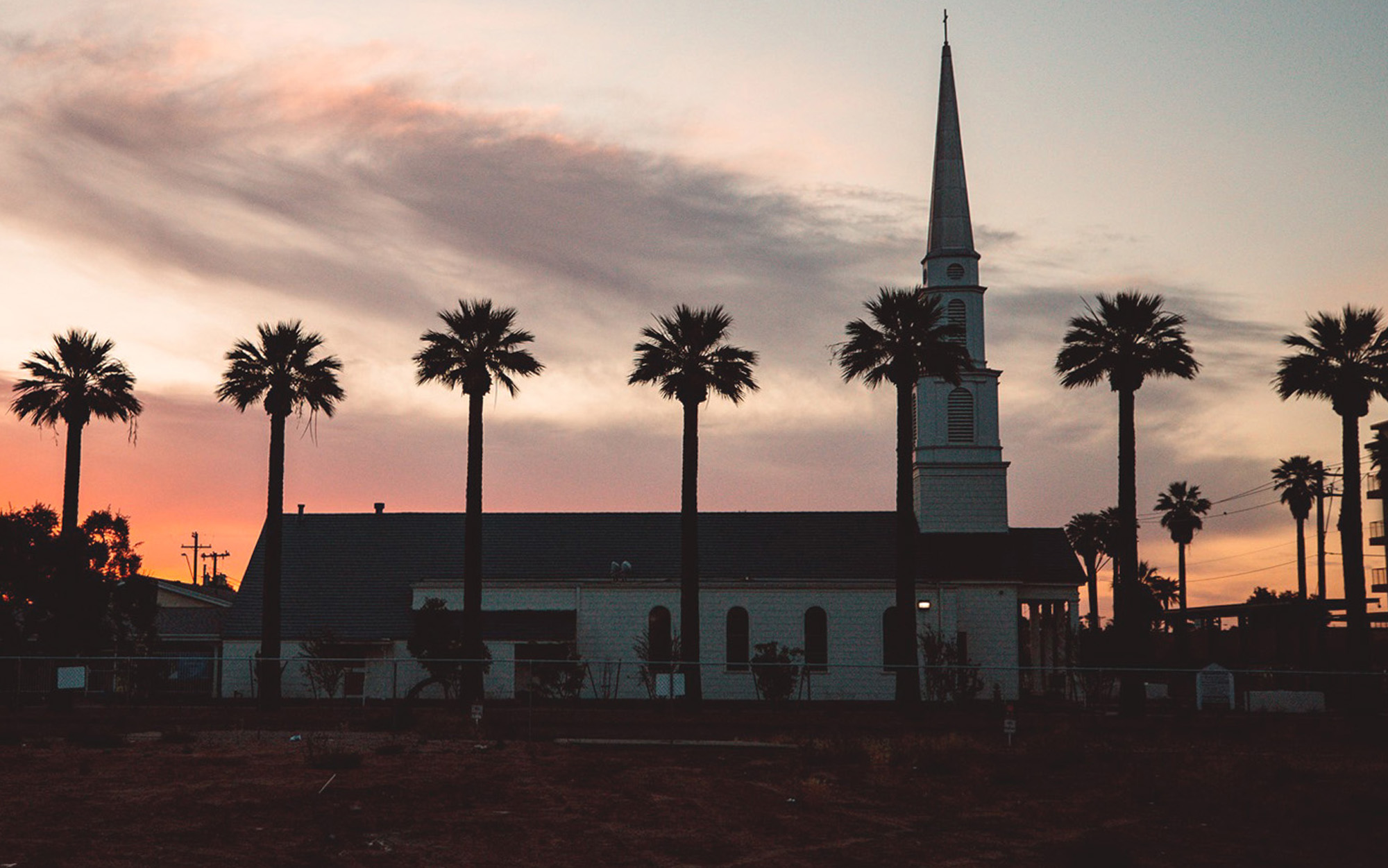Ship of Fools: First Church UCC, Phoenix, Arizona, USA
 Ship of Fools: First Church UCC, Phoenix, Arizona, USA
Ship of Fools: First Church UCC, Phoenix, Arizona, USA
Feathers, water, oil and fire usher in the New Year at this First Watch service
Read the full Mystery Worshipper report here
 Ship of Fools: First Church UCC, Phoenix, Arizona, USA
Ship of Fools: First Church UCC, Phoenix, Arizona, USA
Feathers, water, oil and fire usher in the New Year at this First Watch service
Read the full Mystery Worshipper report here
Comments
Feathers??
Very symbolic things, feathers.
Yes, that is so.
Unfortunately there was no breeze to speak of, and as we cast off our feathers they simply fell to the ground. Oh, well, at least they got trampled on afterwards.
Also, I was slightly uncomfortable with anointing my neighbor with oil. It was mentioned that oil is a part of Christian rites of passage: baptism, confirmation, ordination, last rites. But (this was not mentioned) it's always liturgically blessed oil and anointing is always by ordained clergy. I am not clergy, and the oil we used was just a tiny bottle of scented bath oil. As I anointed my neighbor, I said, "You are a child of God," and as she anointed me, she muttered a similar sentiment but she was much more wordy. It made me uncomfortable.
Our RC parish has healing Masses where lay folk anoint the sick alongside the priest - analogous to eucharistic ministers. It happens in non-liturgical settings in prayer groups etc too.
Scented bath oil, though? Blech.
Myrrh is mine, its bitter perfume
Breathes a life of gathering gloom...
In the C of E, various licensed lay ministers, e.g. Readers, can also anoint with oil e.g. at Healing Services. The oil used is, indeed, that blessed by the Bishop on Maundy Thursday, or thereabouts.
Well, I like to know who I'm praying to -- is it Jehovah or Gitche Manitou? At least we didn't pray to Diana as the waxing crescent moon set over the cityscape. I did think of Emily Dickinson, though: The Moon was but a Chin of Gold.
The church was "Congregational" (capital C) and the church which joined with the Congregational Christian Churches in 1957 to create the UCC was the Evangelical and Reformed Church. In the 1920s, some churches in Southwest Pennsylvania that had been known as "German Evangelical" joined with the Congregationalists, the first melding of the German and Yankee branches of what would become the UCC.